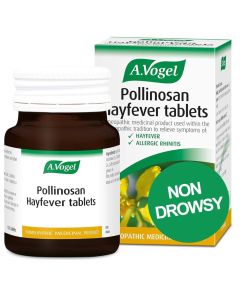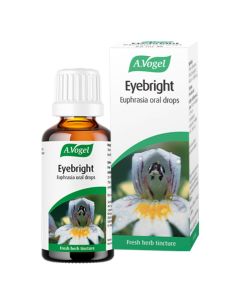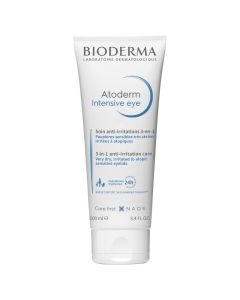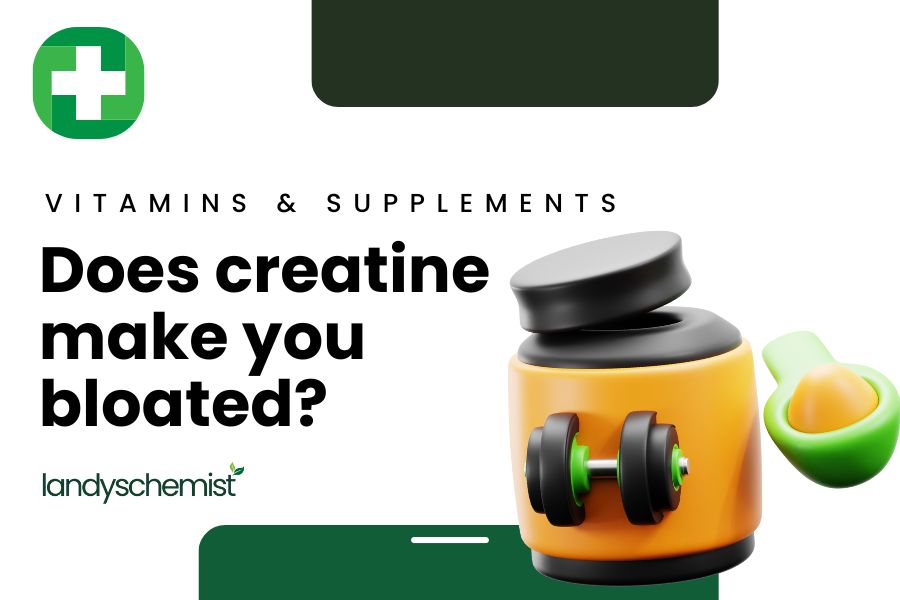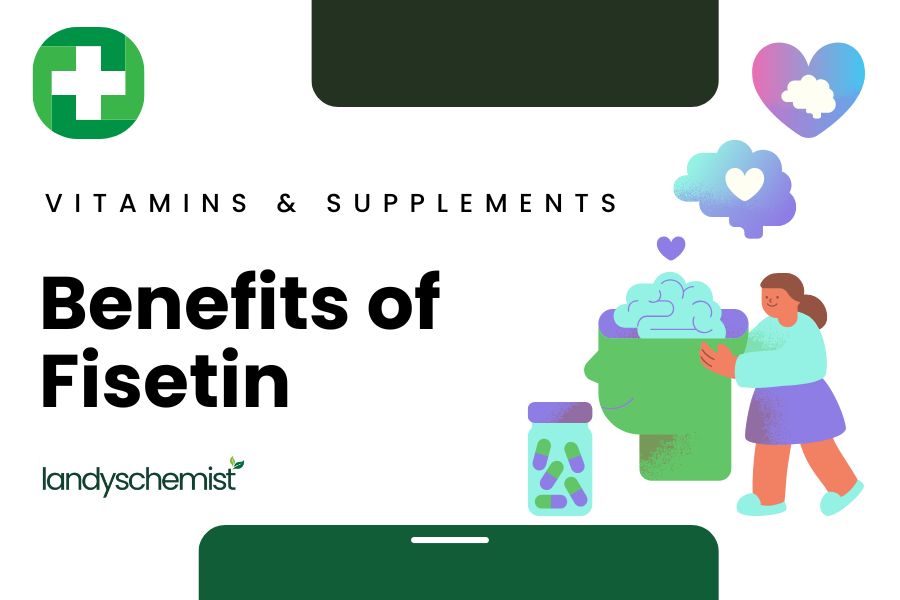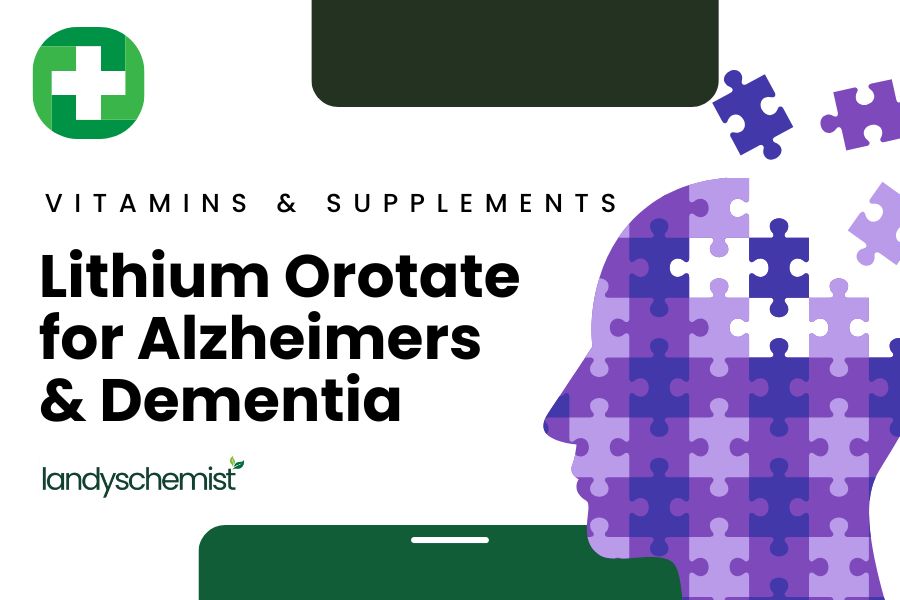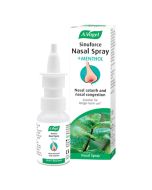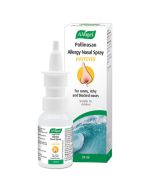
Hay Fever Treatments and Remedies
What is Hay fever?
Hay fever, also known as allergic rhinitis, is an allergic reaction to pollen that causes cold-like symptoms and affects millions of people worldwide. Pollen is released by plants during their reproductive cycle. These fine particles are dispersed into the atmosphere and trigger the allergic reaction for many. Grass, trees, and weeds are the most common plants that release pollen.
The symptoms of hay fever can range from mild to severe and can significantly impact an individual's quality of life. In this blog post, we will explore the various aspects of hay fever, including hay fever season, types of pollen that cause hay fever, symptoms, treatments, natural remedies, and more.
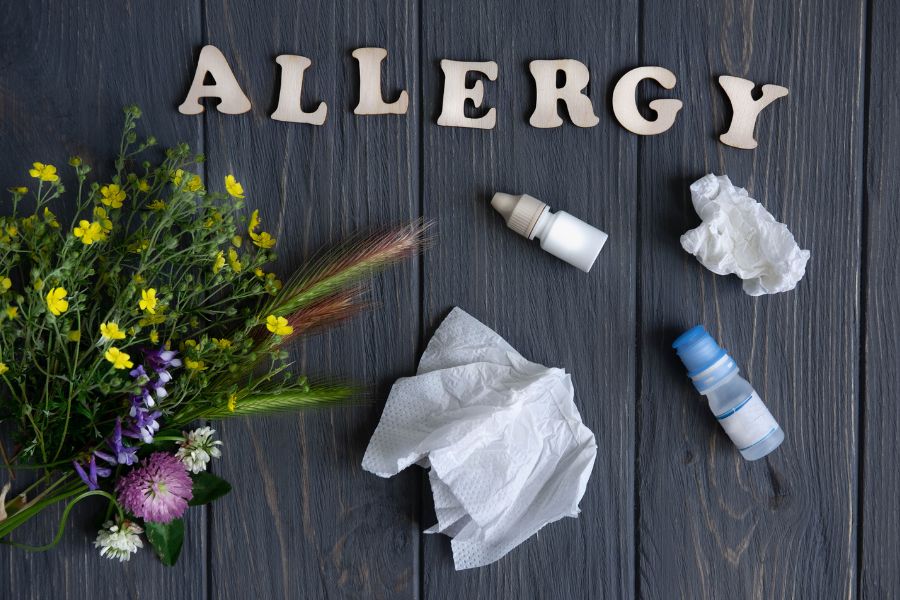
When does Hay fever season begin?
Pollen triggers hay fever. Hay fever season runs during March until September in the UK, as the warm climate contributes to a higher pollen count. The pollen count usually peaks around May to July, where hay fever symptoms are likely to be strongest.
Types of pollen that cause hay fever
- Tree pollen: This is typically released in late March to mid-May and can be caused by trees such as birch, oak, and cedar.
- Grass pollen: This is typically released from mid-May to July and is caused by grasses such as timothy, Bermuda, and rye.
- Weed pollen: This is typically released from late June to September and can be caused by weeds such as ragweed, nettle, and mug wort
If you notice that you suffer from hay fever during the same time every year, this should help you determine which type of pollen your body is allergic to. Thus, hay fever can last as long as you are exposed to these allergens. Symptoms can last anything between 1-8 weeks.
Common symptoms of hay fever
The most common first signs of hay fever include
- Frequent sneezing: usually triggered by an irritant in the nose.
- Runny or blocked nose: caused by the inflammation of the nasal passages.
- Coughing: usually caused by post-nasal drip.
- Itchy red, watery, or swollen eyes: caused by the body's attempt to flush out the irritants.
- Itchy throat, mouth, nose, and ears: often caused by the release of histamine in response to the pollen.
Less common symptoms of hay fever
- Tiredness and fatigue
- Loss of your sense of smell
- Facial pain cause by blocked sinuses
- Headaches due to the pressure build-up in the sinuses
- Earaches due to the pressure build-up in the sinuses
How To Treat Hay Fever
There is no cure for hay fever, but there are several treatments available for hay fever, and the choice of treatment depends on the severity of the symptoms. Some of the most common treatments for hay fever include:
Antihistamines:
These medications work by blocking the release of histamine in response to the allergen. They can be taken as tablets, nasal sprays, or eye drops. Fexofenadine hydrochloride is an antihistamine often used in popular hay fever tablets like Allevia hayfever relief tablets.
Decongestants:
These medications work by reducing the swelling of the nasal passages, making it easier to breathe. They can be taken as tablets, nasal sprays, or eye drops.
Nasal corticosteroids:
These medications work by reducing inflammation in the nasal passages and can be taken as a nasal spray.
Immunotherapy:
This involves exposing the individual to small amounts of the allergen over a period of time, with the aim of building up their immunity to the allergen. Injections may be given once or twice a week at first, with the frequency gradually decreasing over time as the body builds up a tolerance hay fever.
Hay fever injection (Kenalog injection):
Hay fever injections, such as Kenalog, reduce severe allergy symptoms, but they may cause side effects including weight gain, mood changes, and an increased risk of infections due to their steroid content. It's important to discuss the risks and benefits with a healthcare provider before opting for this treatment. Here at Landys Chemist, we recommend seeking alternative treatments.
Natural Remedies for Hay Fever
For those looking for natural remedies to help manage hay fever symptoms, there are several options available. Some people find relief by using saline nasal sprays or rinses to help clear out the nasal passages. Others may benefit from using a neti pot, which can help to flush out allergens and mucus from the sinuses.
Drinking Water
Drinking water is important for overall health and can help to keep the body hydrated, which may have some benefits for hay fever sufferers. However, there is no direct evidence to suggest that drinking water can alleviate hay fever symptoms.
One potential benefit of staying hydrated is that it may help to thin mucus in the nasal passages, making it easier to clear out allergens and other irritants. Drinking plenty of fluids can also help to keep the body's immune system functioning properly, which may be important for managing allergic reactions.
Supplements
- Quercetin, a plant flavonoid found in fruits and vegetables like onions, apples, and broccoli, has been shown to have anti-inflammatory and anti-allergic properties.
- Feverfew leaf, a herb that contains compounds called sesquiterpene lactones, which are believed to have anti-inflammatory and immune-modulating effects.
- Omega-3 fatty acids, found in fatty fish like salmon and mackerel, may also help to reduce inflammation in the body.
A.Vogel Pollinosan Hay Fever Tablets are a natural remedy for hay fever symptoms. The tablets contain a blend of 7 different herbs, including Luffa, Ammi Visnaga, and Aralia Racemosa, which work together to reduce inflammation, relieve congestion, and soothe irritated mucous membranes in the nose and eyes. Unlike many hay fever medications, they do not cause drowsiness
These eye drops contain a blend of natural ingredients like Euphrasia (Eyebright) and Hyaluronic Acid that work to moisturise and lubricate the eyes, reducing redness and discomfort. They are also free from preservatives and can be used by contact lens wearers.
Hay fever symptoms may go away on their own without treatment, especially if the allergen exposure is limited or the allergy season comes to an end.
Sensitive Eyes
Bioderma Atoderm Intensive Eye 3-in-1 Care is designed for the delicate skin around the eyes, especially helpful during hay fever season. It combines several innovative technologies, including the Skin Barrier Therapy Patent, which limits harmful bacteria adhesion, and Lipigenium Technology, which restores the skin's barrier by replenishing essential lipids and proteins. The D.A.F. (Dermatological Advanced Formulation) patent enhances skin tolerance, increasing resistance to external stress and reducing sensitivity. This blend of soothing, hydrating, and anti-itch protective properties makes it an ideal choice for those with allergy-induced eye discomfort.
FAQ’S
Does hay fever link to a weakened immune system?
The is no direct link between hay fever and a weakened immune system. Hay fever can actually be described as an over reaction of the immune system to harmless substances like pollen and dust. The immune system can see pollen as a foreign invader and launches an attack against them. This leads to the release of chemicals like histamine, which cause symptoms like sneezing, itching, and congestion characteristic to hay fever.
Why is my hay fever so bad when I wake up?
Hay fever symptoms can often be worse in the morning because pollen levels tend to be highest during the early hours of the day. This is because pollen is typically released by plants during the late night and early morning hours, when the air is cool and calm.
Does Vaseline get rid of hay fever?
Vaseline cannot treat the symptoms of hay fever. However, it may help alleviate certain symptoms like nasal congestion and irritation. Applying a small amount of Vaseline around the nostrils can help to trap pollen and other allergens, reducing the amount that enters the nose.
What is the difference between hay fever and a cold?
Hay fever and a cold are two different conditions that can have similar symptoms. Hay fever, also known as allergic rhinitis, is an allergic reaction to substances like pollen, dust mites, and pet dander. A cold, on the other hand, is caused by a viral infection of the upper respiratory tract.
- Hay fever occurs mainly in the spring and fall when pollen counts are high
- Colds can occur at any time of year
- Colds are more likely to spread from person to person through contact with contaminated surfaces or droplets from coughing or sneezing
By Girish Desai, Pharmacist

